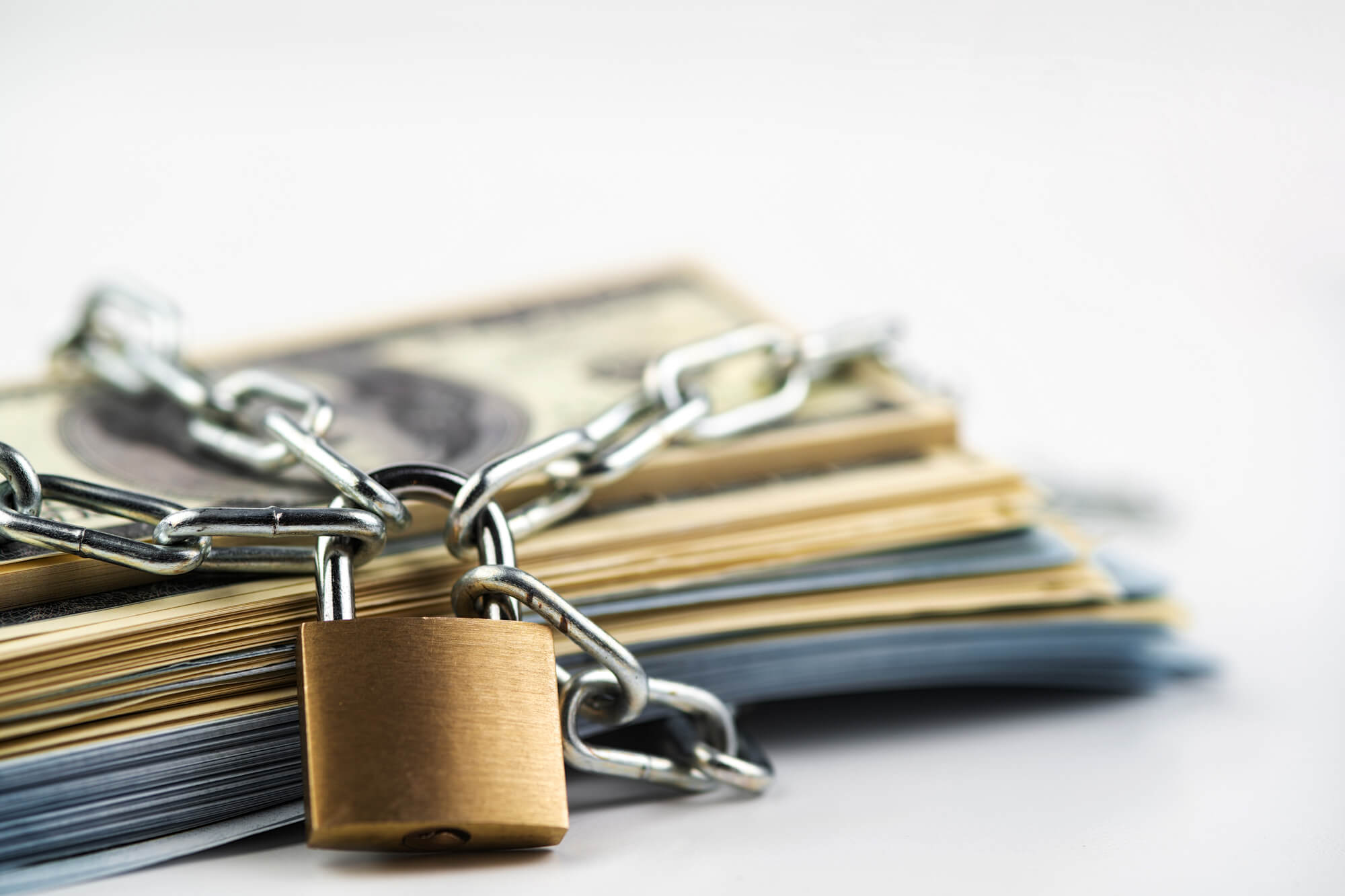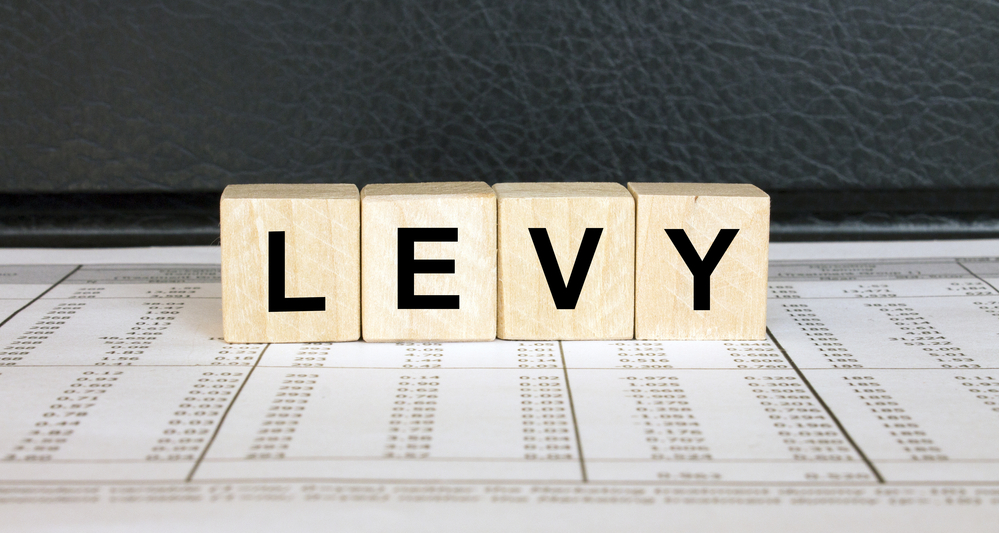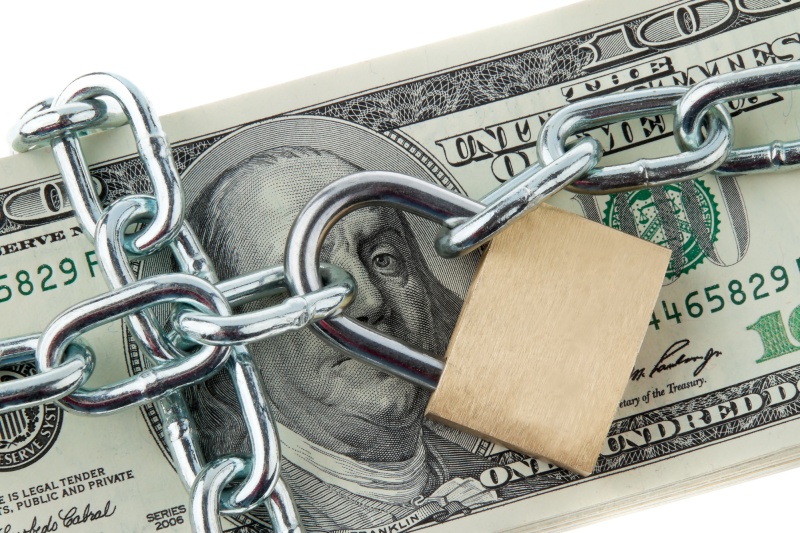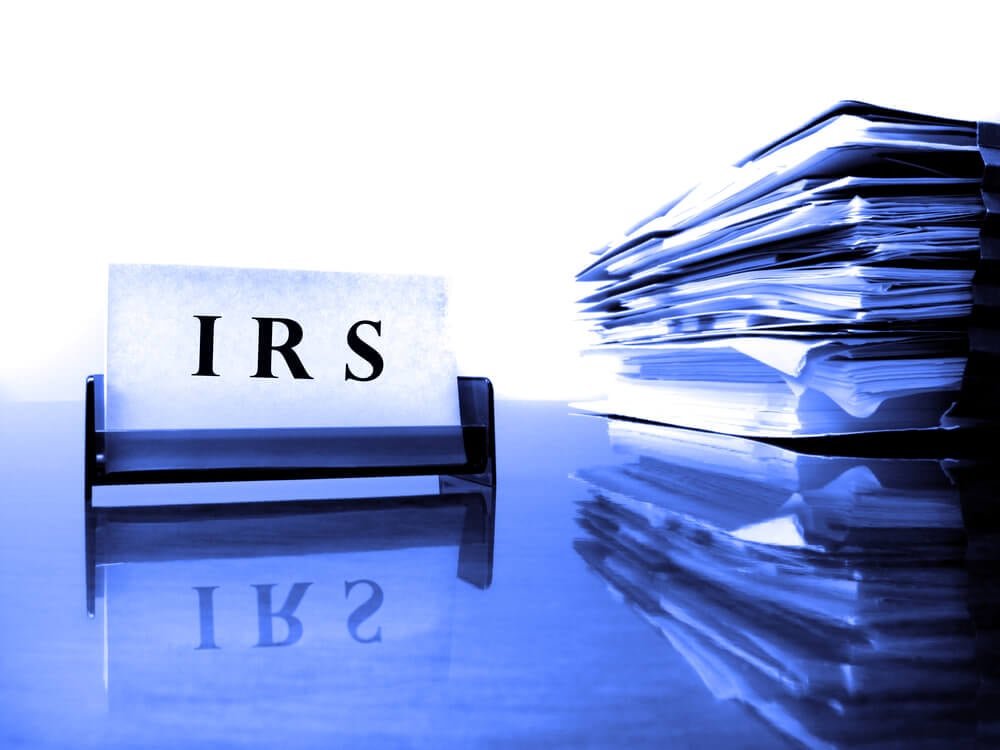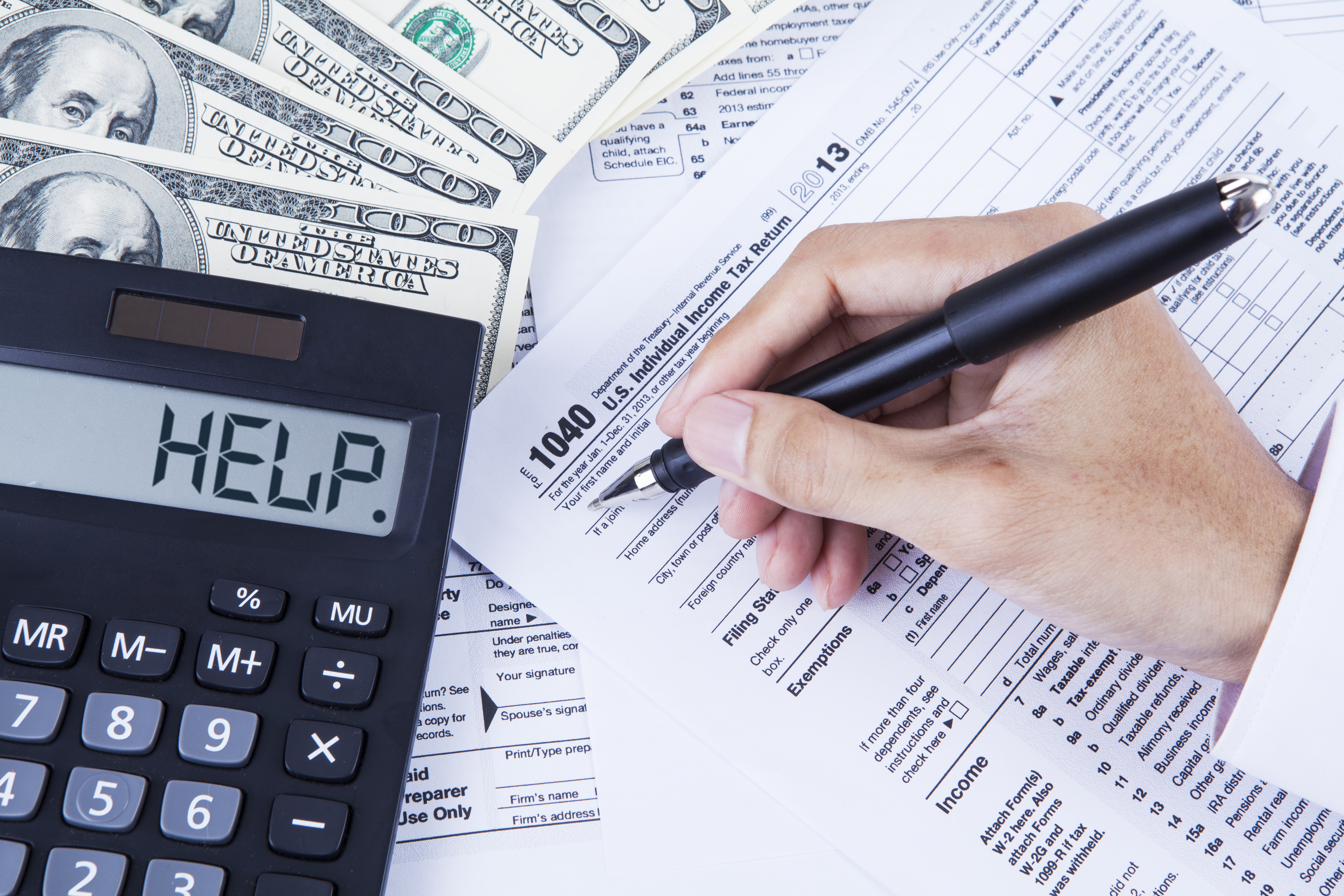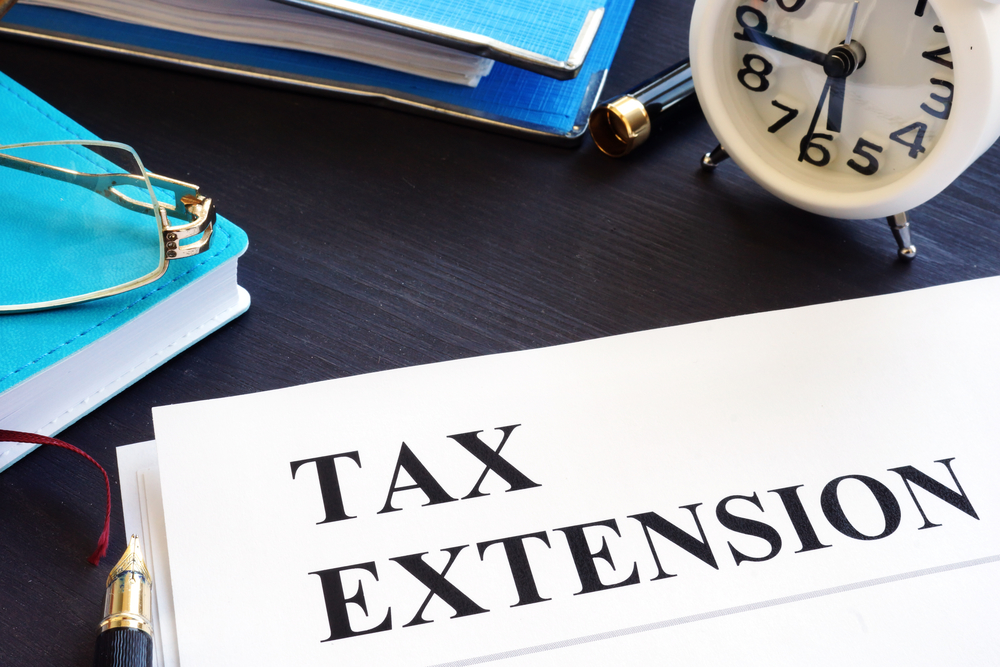Editor’s Note: This post was originally published in June 2013 and has been updated for accuracy and comprehensiveness.
When you are seriously negligent in paying your IRS tax debt, you put your income and assets at risk of being seized. The IRS uses this extraordinary step to collect on debts when taxpayers have failed after repeated warnings to pay what they owe.
Read More >


